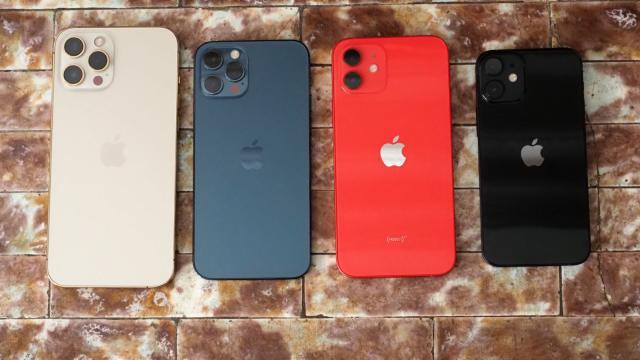After bringing processor development in-house with the arrival of its Arm-based M1 chip, Apple has now taken the next logical step by beginning the development of custom-designed cellular modems.
In a recent town hall hosted by Apple senior VP of hardware technologies Johny Srouji, according to Bloomberg Srouji told employees “This year, we kicked off the development of our first internal cellular modem which will enable another key strategic transition,” he said. “Long-term strategic investments like these are a critical part of enabling our products and making sure we have a rich pipeline of innovative technologies for our future.”
By following the development of custom Apple-designed silicon with Apple-designed modems, Apple is looking to bring even more of the components it needs to produce smartphones, tablets, and laptops in-house, expanding upon a strategy that Apple has increasingly embraced over the last decade.
Apple’s big shift to move more and more component design in-house really took off in 2010 with the introduction of the Arm-based A4 chip used in the first iPad and the iPhone 4. Since then, Apple has brought control for even more of its components under its roof including things like the S-series chips used in the Apple Watch, Apple’s line of W-series Bluetooth and wireless chips, and most notably, Apple’s recent transition away from x86-based Intel CPUs to Apple’s own Arm-based chips like the M1.
The big impetus for Apple’s push to bring cellular modem development in-house is likely due in large part to Apple’s multi-billion-dollar legal battle with Qualcomm over the royalty fees and licensing costs for modems used in iPhones, a war that waged throughout 2018 and 2019. So even though the two tech giants eventually settled their beef and even agreed to a new licensing deal for modems that is set to last until at least 2025, Apple quickly followed up the settlement by purchasing Intel’s smartphone modem division for $US1 ($1.4) billion just a few months later.
While it’s unclear when an Apple-designed modem might find its way into an actual retail device, the timeline of Apple’s current licensing deal with Qualcomm gives the company plenty of time to develop its own modems without huge pressure to deliver immediately.
According to Bloomberg, around 11% of Qualcomm’s current revenue is derived from deals with Apple, which means Apple bringing modem development in-house could have some serious implications for Qualcomm’s bottom line in the future.
On the flip side, Apple’s continued embracing of vertical integration has been a huge success over the last ten years, so it’s a safe bet that modems are just the latest component to get the Apple in-house design treatment.
